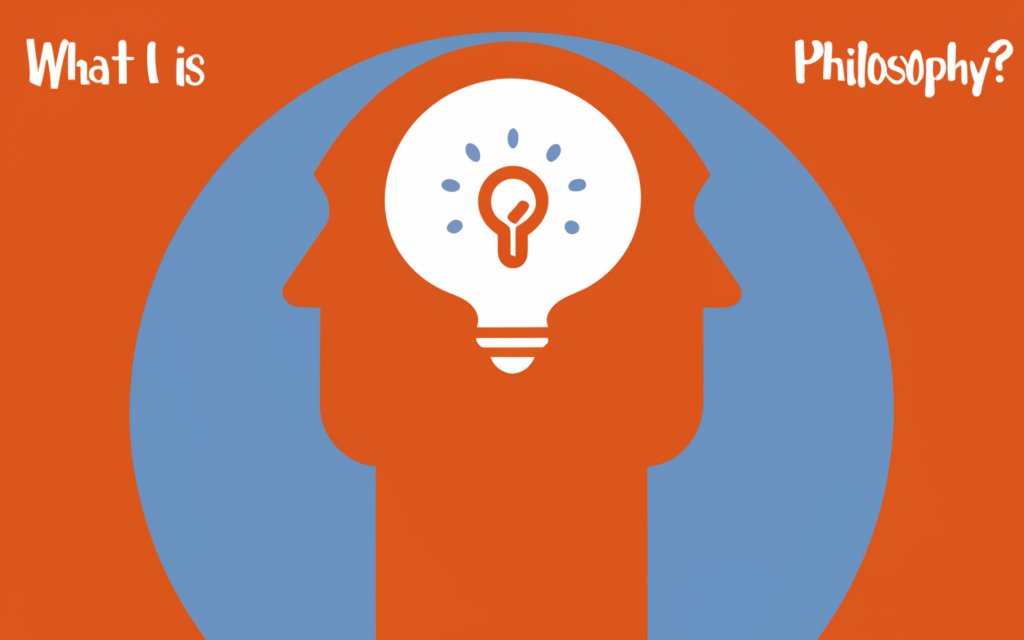What is Philosophy ?

Ancient Greek Philosophers:
- Socrates: He focused on ethics and the examination of one’s beliefs through questioning. Socratic dialogue is a method where a series of questions helps individuals discover their own thoughts.
- Plato: A student of Socrates, Plato founded the Academy and explored metaphysics, epistemology, and ethics. His dialogues often feature Socrates as the main character and delve into the nature of reality and the concept of the Forms.
- Aristotle: A student of Plato, Aristotle’s works cover metaphysics, ethics, politics, and natural sciences. He developed the concept of virtue ethics and emphasized empirical observation and classification.
Medieval Philosophers:
- St. Augustine: A Christian philosopher, Augustine’s work, “Confessions,” explores the nature of God, free will, and the problem of evil.
- Thomas Aquinas: He synthesized Christian theology with Aristotelian philosophy, creating a systematic approach in his famous work “Summa Theologica.”
Renaissance and Early Modern Philosophers:
- Rene Descartes: Known for the phrase “Cogito, ergo sum” (I think, therefore I am), Descartes is a foundational figure in modern philosophy. He focused on skepticism, the mind-body problem, and the quest for certain knowledge.
- John Locke: An empiricist, Locke’s “Essay Concerning Human Understanding” discussed the mind as a tabula rasa (blank slate) and influenced political philosophy with ideas on individual rights and the social contract.
Enlightenment Philosophers:
- Immanuel Kant: Kant’s “Critique of Pure Reason” sought to reconcile rationalism and empiricism. He explored the nature of human cognition, ethics, and aesthetics, introducing the idea of the categorical imperative in ethics.
- John Stuart Mill: A utilitarian, Mill’s “On Liberty” argued for individual freedoms and his work “Utilitarianism” discussed the ethical theory of maximizing overall happiness.
These are just a few examples of philosophy, and there are countless other philosophers who have made significant contributions to the rich tapestry of philosophical thought. The field continues to evolve, with contemporary philosophers addressing new challenges and questions.
Category